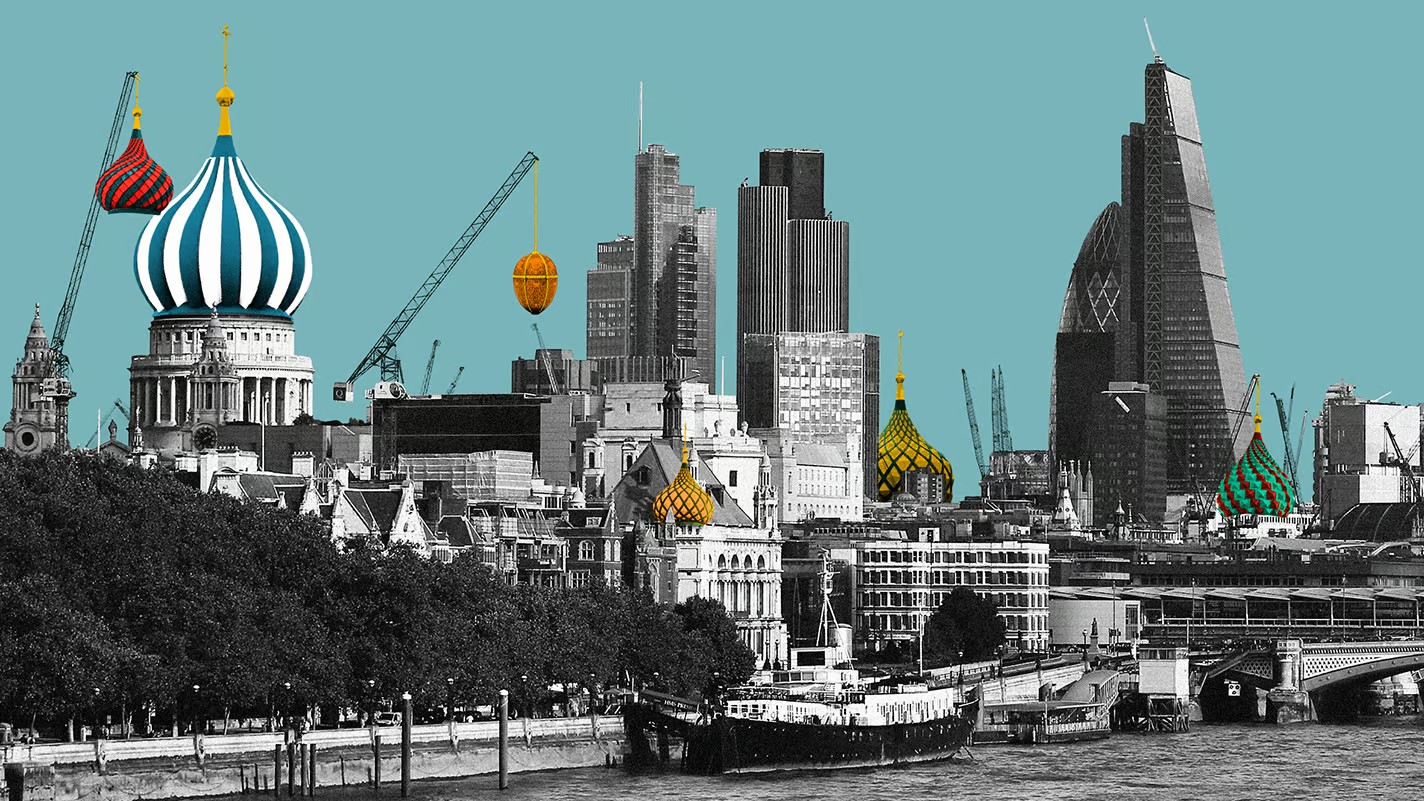
This is the English translation of a Turkish language article that was originally published by AVİM on 16 May 2024.
According to Freedom House's latest report (Nations in Transit - 2024), the Central Asian countries and Azerbaijan, together with Belarus and Russia, are positioned at the lowest ranks regarding individual rights and freedoms among the 29 states in the former socialist bloc. The report indicates that in these countries where political opposition is suppressed and the authorities are strengthening their alliances and security apparatuses, “the only hope for the revival of the rule of law lies in collaborating with democratic-minded countries in the West”.[1]
The views in the report reflect the common assumptions of transitology studies, which were influenced by the modernization theory of the 1960s. From this perspective, it was anticipated that new states would develop their political and economic institutions based on Western models, thus moving towards a pluralistic democracy, transitioning from a planned to a market economy, and evolving from a state-dominated social arena to an autonomous civil society. However, in post-Soviet countries, corruption and cronyism extend beyond mere political repression and are deeply intertwined with interactions involving international institutions and Western actors during privatization process. This situation leads to questions concerning the West's role in this process.
Alexander Cooley and John Heathershaw's book Dictators Without Borders highlights the complexity of the relationships between former Soviet countries and the West. For instance, the leaked records from the Panamanian law firm Mossack Fonseca -known as the Panama Papers- reveal that a significant part of the UK's property markets are in the hands of offshore companies linked to many individuals, including political figures from Russia and other former Soviet countries. This situation demonstrates the exceptions the West provides to high-value investors, even amid suspicions of money laundering through offshore companies.[2]
As a consequence of the reactions to the Russia-Ukraine war in February 2022, the Economic Crime Act was introduced to eliminate the anonymous ownership of property by requiring offshore companies to file their ultimate beneficial owners on a public register. However, it has been reported that 44-76 billion Pounds worth of UK real estate is still owned by offshore-registered companies, most of which have yet to comply with their reporting obligations.[3]
Another example in the book concerns the Tajikistan Aluminium Company (Talco), largest aluminum manufacturing plant in Central Asia, and Tajikistan's chief industrial asset. In Tajikistan’s economy, Talco is a fully state-owned enterprise. In 2008, it was reported that Talco's aluminum exports accounted for 33% of the country's gross domestic product, 48% of export earnings, and 75.3% of foreign exchange reserves. Following management changes and legal regulations in 2004, Talco's overseas trade operations began to be conducted privately through Talco Management Ltd (TML), registered in the British Virgin Islands. In 2006, Talco formed a partnership with Hydro Aluminium, majority-owned by the Norwegian government. This collaboration raised questions about the transparency of Talco's profits and transactions.[4] In 2013, The Economist published an article examining Talco's connections with the Tajikistan leadership and regime, alleging that Talco's profits were being routed to an offshore company in the British Virgin Islands. This situation not only highlighted the corruption concerns surrounding Tajikistan, but also raised questions about how businesses from countries like Norway, which is ranked among the world's least corrupt countries, become entangled in such transactions.[5]
The cases of James Giffen, Baker Hughes, and Kazakhmys, along with the Asia Universal Bank in Kyrgyzstan, the Manas jet fuel contracts, and the National Bank cases in Tajikistan are other examples discussed by Cooley and Heathershaw.
The fundamental values of the West, such as democracy and human rights, are often being tested in their foreign relations. The West's portrayal of itself as a bastion of democracy is also shaped by its desire to manipulate and direct international politics. The assertion in the Freedom House Report that “Azerbaijani regime’s military conquest and ethnic cleansing of Nagorno-Karabakh laid bare the deadly consequences of autocracy’s expansion” underscores the report's subjective and biased perspective.
These examples all demonstrate the inconsistencies within the West's economic and political engagements with democratic principles. Isolating the regional countries in the international arena is not a solution. In this process, the West must also confront its own contradictions.
*Picture: The Economist
[1] Freedom House, "Nations in Transits 2024", https://freedomhouse.org/sites/default/files/2024-04/NIT_2024_Digital_Booklet.pdf
[2] Alexander Cooley and John Heathershaw, Dictators without borders: Power and money in Central Asia, Yale University Press, 2017.
[3] Matthew Collin, Florian M. Hollenbach & David Szakonyi, “The end of Londongrad? The impact of beneficial ownership transparency on offshore investment in UK property”, March 13, 2023, https://www.wider.unu.edu/publication/end-londongrad-impact-beneficial-ownership-transparency-offshore-investment-uk-property
[4] Ibid.
[5] Catherine Putz, “Who Really Owns Tajikistan’s Talco? Norway Wants to Know”, The Diplomat, March 10, 2016, https://thediplomat.com/2016/03/who-really-owns-tajikistans-talco-norway-wants-to-know/
© 2009-2025 Center for Eurasian Studies (AVİM) All Rights Reserved
No comments yet.
-
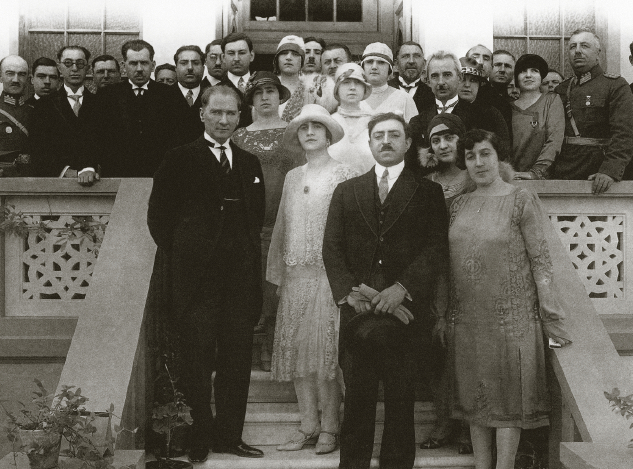 THE CENTENNIAL OF TURKEY-AFGHANISTAN RELATIONS
THE CENTENNIAL OF TURKEY-AFGHANISTAN RELATIONS
Gülperi GÜNGÖR 10.03.2021 -
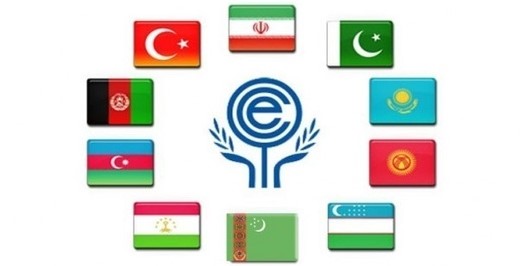 A MODEL THAT NEEDS TO BE DEVELOPED FOR REGIONAL COOPERATION: ECONOMIC COOPERATION ORGANIZATION
A MODEL THAT NEEDS TO BE DEVELOPED FOR REGIONAL COOPERATION: ECONOMIC COOPERATION ORGANIZATION
Gülperi GÜNGÖR 21.04.2021 -
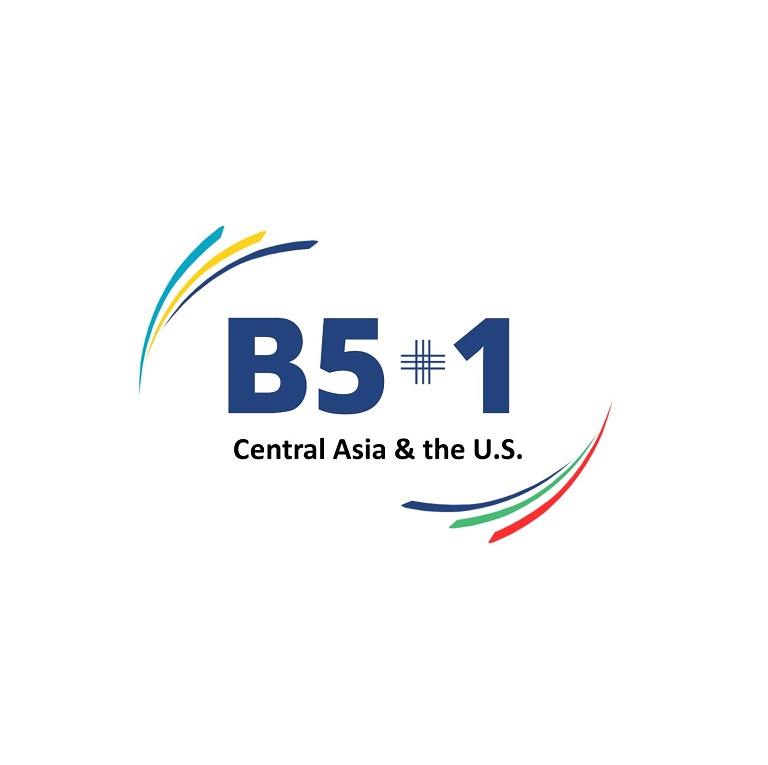 THE B5+1 FORUM AND “THE GREATER CENTRAL ASIA”
THE B5+1 FORUM AND “THE GREATER CENTRAL ASIA”
Gülperi GÜNGÖR 04.04.2024 -
 AUTHORITARIANISM AND THE WEST’S DILEMMA
AUTHORITARIANISM AND THE WEST’S DILEMMA
Gülperi GÜNGÖR 31.05.2024 -
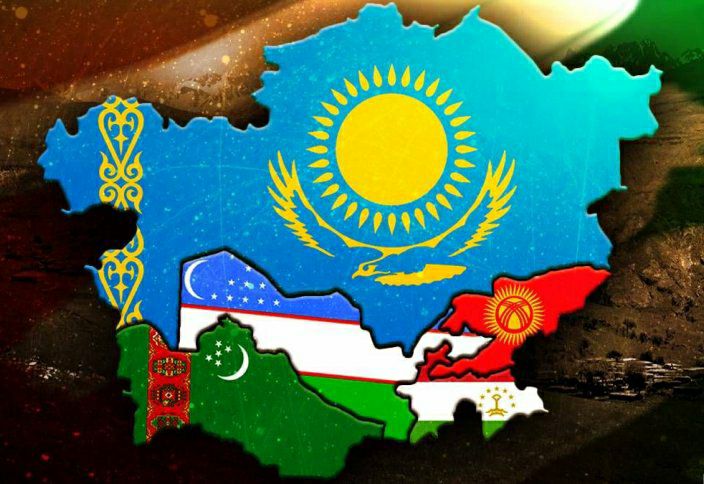 THE IMPACT OF THE RUSSIA-UKRAINE WAR ON CENTRAL ASIAN COUNTRIES
THE IMPACT OF THE RUSSIA-UKRAINE WAR ON CENTRAL ASIAN COUNTRIES
Gülperi GÜNGÖR 27.04.2022
-
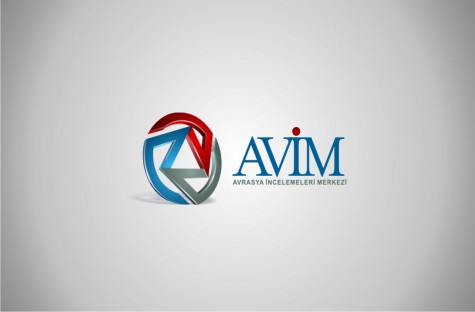 LOW-ENRICHED URANIUM (LEU) BANK TO BE ESTABLISHED IN KAZAKHSTAN
LOW-ENRICHED URANIUM (LEU) BANK TO BE ESTABLISHED IN KAZAKHSTAN
Pelin EMLİK 06.09.2015 -
 A GREEK PONTUS TV DRAMA MAKES MOCKERY OF HISTORICAL FACTS
A GREEK PONTUS TV DRAMA MAKES MOCKERY OF HISTORICAL FACTS
Teoman Ertuğrul TULUN 31.08.2020 -
 THAI COURT RULES PM MUST STEP DOWN, WITH NO END TO TURMOIL IN SIGHT
THAI COURT RULES PM MUST STEP DOWN, WITH NO END TO TURMOIL IN SIGHT
Hande Apakan 06.05.2014 -
 THE D-8 CAIRO SUMMIT
THE D-8 CAIRO SUMMIT
Seyda Nur OSMANLI 06.02.2025 -
FRANCE AND THE ARMENIAN GENOCIDE ALLEGATIONS (II)
Ömer Engin LÜTEM 23.01.2011
-
25.01.2016
THE ARMENIAN QUESTION - BASIC KNOWLEDGE AND DOCUMENTATION -
12.06.2024
THE TRUTH WILL OUT -
27.03.2023
RADİKAL ERMENİ UNSURLARCA GERÇEKLEŞTİRİLEN MEZALİMLER VE VANDALİZM -
17.03.2023
PATRIOTISM PERVERTED -
23.02.2023
MEN ARE LIKE THAT -
03.02.2023
BAKÜ-TİFLİS-CEYHAN BORU HATTININ YAŞANAN TARİHİ -
16.12.2022
INTERNATIONAL SCHOLARS ON THE EVENTS OF 1915 -
07.12.2022
FAKE PHOTOS AND THE ARMENIAN PROPAGANDA -
07.12.2022
ERMENİ PROPAGANDASI VE SAHTE RESİMLER -
01.01.2022
A Letter From Japan - Strategically Mum: The Silence of the Armenians -
01.01.2022
Japonya'dan Bir Mektup - Stratejik Suskunluk: Ermenilerin Sessizliği -
03.06.2020
Anastas Mikoyan: Confessions of an Armenian Bolshevik -
08.04.2020
Sovyet Sonrası Ukrayna’da Devlet, Toplum ve Siyaset - Değişen Dinamikler, Dönüşen Kimlikler -
12.06.2018
Ermeni Sorunuyla İlgili İngiliz Belgeleri (1912-1923) - British Documents on Armenian Question (1912-1923) -
02.12.2016
Turkish-Russian Academics: A Historical Study on the Caucasus -
01.07.2016
Gürcistan'daki Müslüman Topluluklar: Azınlık Hakları, Kimlik, Siyaset -
10.03.2016
Armenian Diaspora: Diaspora, State and the Imagination of the Republic of Armenia -
24.01.2016
ERMENİ SORUNU - TEMEL BİLGİ VE BELGELER (2. BASKI)
-
AVİM Conference Hall 24.01.2023
CONFERENCE TITLED “HUNGARY’S PERSPECTIVES ON THE TURKIC WORLD"









